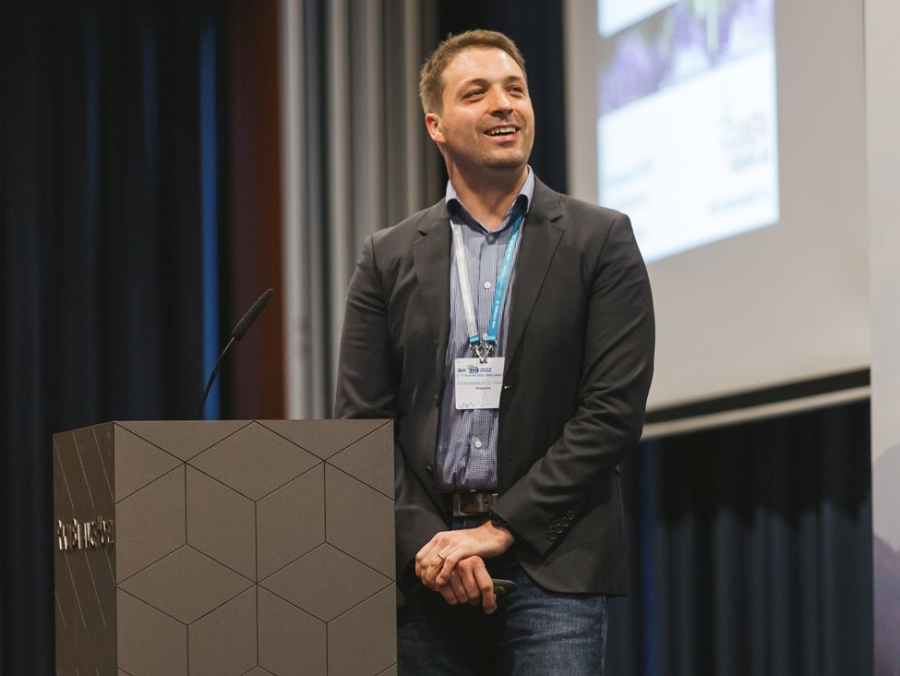Pieremanuele Canepa, Robert A. Welch Assistant Professor in the Electrical and Computer Engineering Department at the Cullen College of Engineering, has received a $300,000 grant from the Welch Foundation to support research using machine learning to improve rechargeable batteries.
The proposal, “Exploring Links between Vibrational and Configurational Entropies in Complex Oxides via First principles and Machine Learning,” was selected by the foundation in April for funding. Research will be for three years, through May 2028.
Canepa said the goal of this specific project, and much of his research work, is to improve the structure of materials to increase the power and longevity of batteries.
“We will use the power of supercomputer and advanced algorithms to revel the effect of disorder in complex oxide materials,” he said. “These materials see primary application as electrode materials for rechargeable batteries.”
Recently, Canepa has published research on the potential of a new material for sodium-ion batteries. He is also the co-PI with Yan Yao, the Hugh Roy and Lillie Cranz Cullen Distinguished Professor at the UH Cullen College of Engineering and principal investigator at the Texas Center for Superconductivity, on a major U.S. Department of Energy project. He and Yao were interviewed by Houston Public Media about the research.
Speaking about the research the Welch Foundation grant will support, Canepa said it was vital when it came to future developments.
“This line of research is important to unlock the design rules controlling complex materials that bring about significant intrinsic disorder,” he said. “If we identify these rules, we can design materials with significant complexity possessing unique properties that are uncommon in well-ordered and well-behaved materials. These materials see direct application as electrode materials for high-energy density lithium and sodium rechargeable batteries.”
For more information about Canepa’s research, visit his lab’s website.
